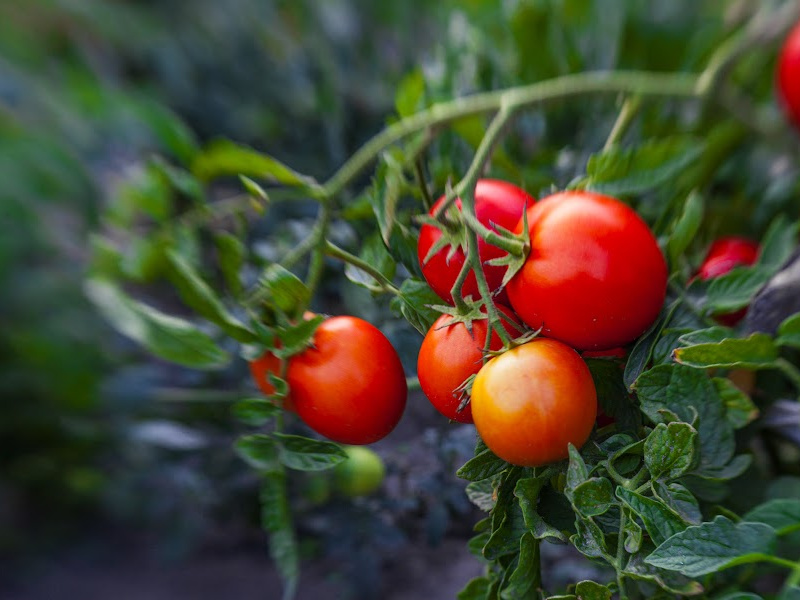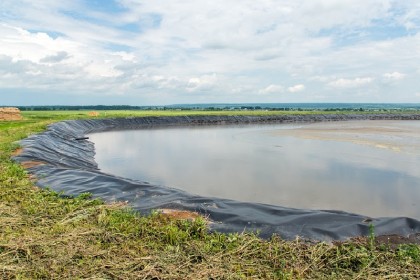
Enhancing Crop Yields and Beyond
Potassium nitrate, a versatile chemical compound, plays a pivotal role in both agriculture and various industrial applications. In agriculture, it serves as a valuable nutrient for plant growth, while in industry, it finds application in a range of processes. This article explores the significance of potassium nitrate in agriculture, its role as a specialty plant nutrient, and its use in food phosphates.
Agricultural Application of Potassium Nitrate
Potassium nitrate, commonly known as saltpeter, is a critical component of fertilizers used in modern agriculture. It provides two essential nutrients for plant growth: potassium (K) and nitrate (NO3-).
1. Potassium (K):
- Plant Health: Potassium is vital for overall plant health. It helps in the activation of enzymes, photosynthesis, and the transport of water and nutrients within the plant.
- Drought Tolerance: Potassium enhances a plant's ability to resist drought by regulating water use.
2. Nitrate (NO3-):
- Nitrogen Source: Nitrate is a readily available source of nitrogen for plants, facilitating their growth and development.
The balanced combination of potassium and nitrate in potassium nitrate fertilizer promotes strong root development, robust flowering, and fruit setting, leading to improved crop yields. It is particularly effective for crops like fruits, vegetables, and high-value cash crops.
Specialty Plant Nutrients
Beyond its use in conventional fertilizers, potassium nitrate is also employed as a specialty plant nutrient for specific applications, including hydroponics and precision agriculture.
1. Hydroponics: Hydroponic systems, which grow plants without soil, rely on nutrient solutions. Potassium nitrate, as a source of potassium and nitrate, is precisely dosed to optimize growth in these soil-less systems.
2. Precision Agriculture: Modern farming practices use precision agriculture techniques to tailor nutrient application to the specific needs of a field. Potassium nitrate allows for precise control of potassium and nitrate levels in accordance with the crop's requirements.
Industrial Applications of Potassium Nitrate
Potassium nitrate is not limited to agriculture; it finds applications in various industrial processes, including:
1. Pyrotechnics: Potassium nitrate is a key ingredient in fireworks and explosives due to its oxidizing properties.
2. Food Preservation: It has been used historically in food preservation to inhibit the growth of microorganisms, including bacteria and fungi.
3. Glass Production: In the glass industry, potassium nitrate is used to reduce the melting temperature of silica, helping to create special types of glass.
Specialty Food Phosphates
Food phosphates are essential additives in the food industry, used for a variety of purposes, such as improving texture, flavor, and preservation. Specialty food phosphates have specific roles in food production:
1. Emulsification: Certain food phosphates help mix ingredients that would otherwise separate, such as oil and water in salad dressings.
2. Leavening: Phosphates aid in the leavening process, contributing to the rise and texture of baked goods like bread and cakes.
3. Moisture Retention: Some food phosphates are used to retain moisture in processed meats, improving their texture and extending shelf life.
4. pH Regulation: Phosphates can help maintain the pH of food products, which is critical for taste and stability.
In conclusion, potassium nitrate and specialty food phosphates are indispensable in agriculture and the food industry, respectively. These compounds demonstrate the versatility and adaptability of chemicals in improving crop yields, plant health, and food quality, while also serving crucial roles in various industrial processes. Their responsible and informed use is key to harnessing their benefits while minimizing potential environmental impacts.
For other agricultural products and services, click here.












